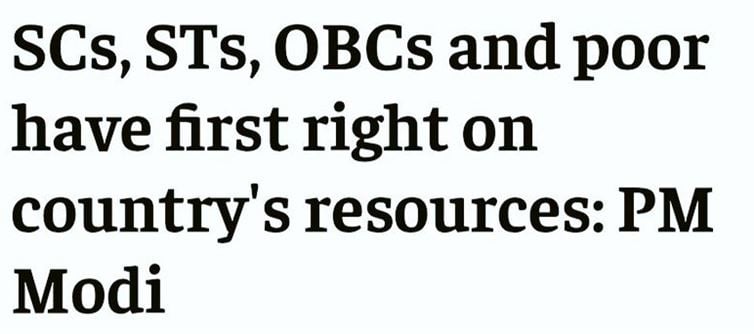
However, the reservation system continues to be a point of contention in indian public discourse. Critics argue that while social justice is essential, the current system often sacrifices meritocracy, leading to inefficiencies in institutions and governance. They point to instances where more qualified candidates are overlooked due to quota-based selections, leading to frustration and migration of talent abroad. Furthermore, as India's economy grows and its society becomes more complex, questions arise about whether caste-based reservations alone are adequate or appropriate for identifying disadvantages. Critics also warn about the emergence of reverse discrimination and the risk of perpetuating caste divisions rather than eliminating them.
In response to these tensions, recent reforms have sought a more nuanced approach. The introduction of the 10% reservation for Economically Weaker Sections (EWS) in 2019 marked a significant shift by acknowledging poverty as a valid axis of disadvantage, irrespective of caste. The 2022 supreme court ruling upholding the EWS quota signaled judicial recognition of economic criteria in affirmative action. These developments suggest a gradual evolution toward a more balanced framework that considers both historical injustice and present-day socio-economic realities. The debate over reservation is far from settled, and India's challenge remains: how to ensure justice, equality, and efficiency in a society marked by deep diversity and a rapidly modernizing economy.




 click and follow Indiaherald WhatsApp channel
click and follow Indiaherald WhatsApp channel